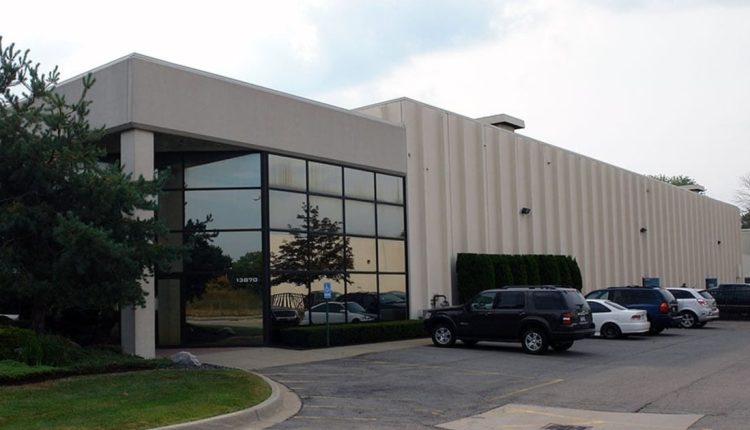Proper was No. 7 in the most recent Plastics News ranking of North American toolmakers with an estimated $84 million in sales and an estimated 280 employees.
The layoffs will be permanent and are the result of “financial difficulties which were not reasonably foreseeable,” according to a WARN notice filed to the state and dated Nov. 21.
Hamood said the tooling company’s collapse was the result of last-minute changes to a deal between Florida-based private equity firm New Water Capital and Proper Group, which also has plants in Tennessee, South Carolina and Ontario. The PE firm initially agreed to buy more of the business than it ultimately ended up taking.
“They, at the end of the agreement, sort of reneged and wanted to purchase only one small part of the offer they had made, so that left us in a position to scramble to sell other pieces of the company and really a situation where we’re left with too much debt on the remaining company,” Hamood said.
Liquidity problems due to supply chain pressures and inflation, coupled with a lack of bank support, left the company no choice but to brace for a mass layoff, he added.
Proper Tooling is just the latest local tool-and-die shop to call it quits, as financial pressures weigh on small manufacturers and machining companies. While industry pressures have improved, staffing shortages, inflation and supply chain disruptions have had an outsize impact on small manufacturers.
In August, New Hampshire-based Resonetics LLC moved to wind down operations at Tru Tech Systems Inc. in Mount Clemens. That same month, Romeo-based Cammand Machining LLC filed for Chapter 11 bankruptcy.
The parent company’s decision to sell stemmed not only from recent market conditions, but also because of pressure from automakers and Chinese competitors that precede the supply chain fallout from the COVID-19 pandemic.
“The financial pressure also comes from very poor payment terms from OEMs,” Hamood said. “There’s increasing pressure from the OEM community to source in China for cheaper prices.”


